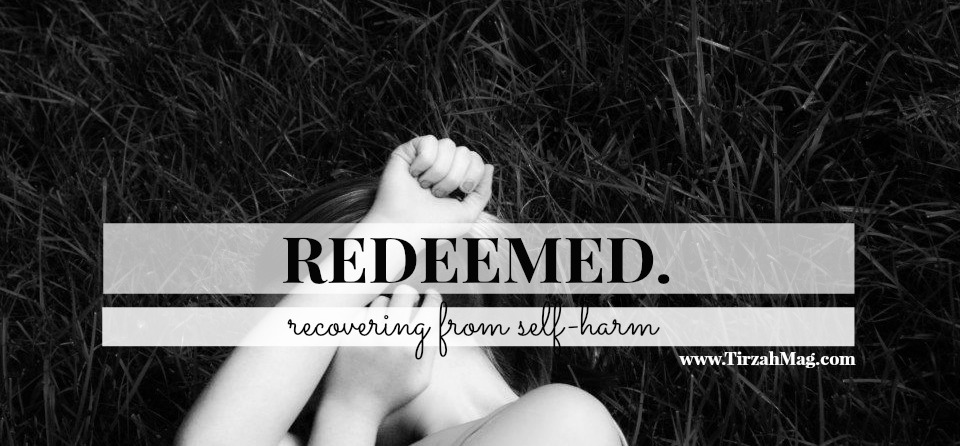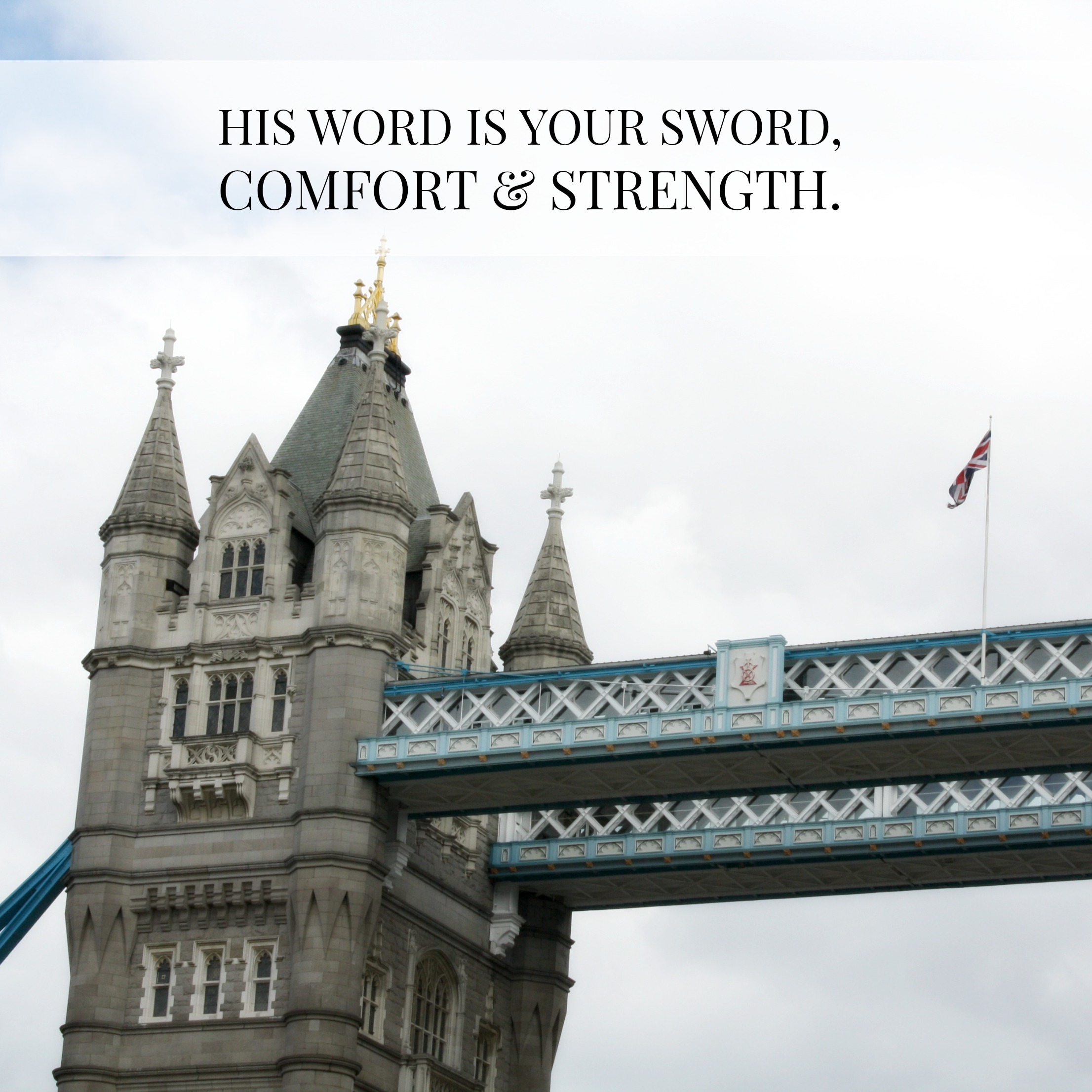Redeemed: Understanding Self-Harm
Bridges & Soda Bottles
Self-harm is isolating; I was separated from everyone and everything when I was cutting. I needed a bridge – from me to Jesus. Although I was able to find that bridge on my own, so many others need someone else to shine a light on their bridge.
To find the correct bridge to reveal though, you must understand the thoughts and actions of the person who will be crossing that bridge.
Why do people self-harm?
Many people, especially Christians who revere the sanctity of the body, simply cannot fathom self-inflicted pain. It makes sense after all: self-harm is an unnatural reaction to an unnatural world.
The answer is not simple or easy to articulate. There is no “root cause” of self-harm nor is there a one-size-fits-all solution.
[pullquote width="300" float="left"]Physical pain cuts through the emotional fog and allows the body to feel something tangible.[/pullquote]
I think it starts with pain. Every single human being goes through times of suffering and hurt. We know what it feels like to be lonely or have your heart broken. Pain is relatable. But, it’s not really about the kind of pain that is inflicted; it’s about how we handle that pain.
Some people can have a good cry and heal the pain. Others learn to talk themselves through it or lean on a loved one's shoulder. But, then there are those who bottle up their emotions and try to bury the pain in an effort to forget it.
I am one of these people. It’s like being a soda bottle: every time I was wounded or hurt, I got shaken. I learned to keep myself “under control” and make sure none of my hurt showed. But soon, like every soda bottle that gets shaken just a tad too much, I exploded.
Soda bottle people like me are the ones who most often self-harm. Because it is difficult for me to open up to others, even those I am close to, I had to find another way to ease the pressure. At the time, the solution appeared to be self-harm.
But who shakes the bottle? No one person is ever to blame. The pressure in the bottle can come from both outside and inside the mind, and often the pressure is a delusion. Sadly, the strongest applicator is often the self.
You know what they say: If you are told something often enough, you may eventually begin to believe it. I experienced this phenomenon. I told myself I wasn’t good enough, I had to do better, talk differently, be interested in the popular stuff in order to be “interesting.” And I believed it. I was shaking my own bottle in a search of acceptance.
Even if the shaking originates from someone else, eventually, you start unwittingly shaking too. People may tell you you’re worthless, and it doesn’t take long for you to start believing them.
In essence, self-harm is a hunt for acceptance. I wanted people to like me, to think certain things about me. When I couldn’t find that, I felt like I wasn’t worth anything. So I started cutting.
Physical pain cuts through the emotional fog and allows the body to feel something tangible. The physical pain is preferable to the deep ache in your heart that’s just out of reach. The pressure of the stress and the loneliness I felt was eased by this physical pain because, for a few minutes, it helped me forget that “other pain.”
Yet, this solution is temporary: as soon as the sting wears off, the deep hurt returns. So I cut more and I cut deeper, incessantly trying to reach and cut away the anguish in my heart. Always, I was reaching, yearning for acceptance.
I needed to be told that humanity doesn’t work like this, that we are “fearfully and wonderfully made” (Ps. 139:14) with “diversities of gifts…” (1 Cor. 12:4) and that total conformity isn’t even possible.
“Be not conformed to this world: but be ye transformed by the renewing of your mind, that ye may prove what is that good, and acceptable, and perfect, will of God.” -Romans 12:2
This is how you reach someone who self-harms. Show her that the craving for acceptance comes from a desperate need for God’s love and care. As His Creations, we need Him to hold and protect us, but sometimes that need is distorted – sometimes we skip over God and try to win human favor instead. The result is brokenness and hurt.
Show her there is a solution... a bridge to cross: from the pain to peace.
“The Lord is my shepherd; I shall not want.” -Psalm 23:1
“My God will hear me.” -Micah 7:7
“Ask, and it shall be given you; seek, and ye shall find; knock, and it shall be opened unto you.” -Matthew 7:7
“…look up, and lift up your heads; for your redemption draweth nigh.” -Luke 21:28
“Casting all your care upon Him; for He careth for you.” -1 Peter 5:7
His Word is your sword, comfort and strength. Use it to overcome the battle within and find acceptance in Him. Find solace and healing in the words that have sustained centuries of pain and insecurities.
He loves you more than any human being could ever love you, and He will never leave you or forsake you (Deut. 31:8). Yes, you! Just as you are - your scars are His scars. Your pain is His pain.
“Be strong and of a good courage; be not afraid, neither be thou dismayed: for the Lord thy God is with thee withersoever thou goest.” -Joshua 1:9
-HS
This post is part of the Redeemed series about recovering from self-harm. You can read the introduction here, and follow along the first Wednesday of every month as we go through this journey of recovery together.

